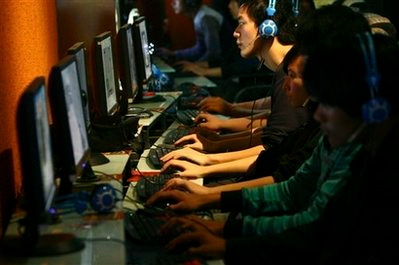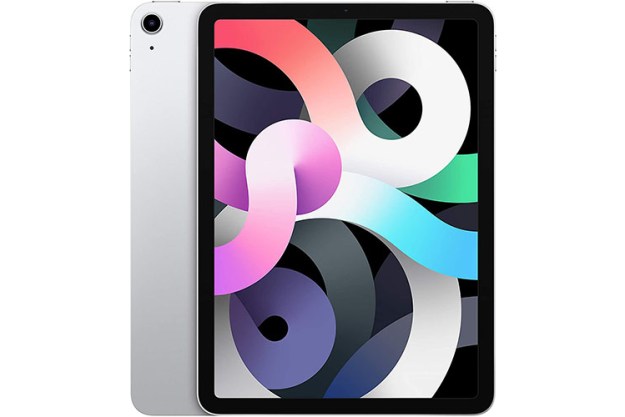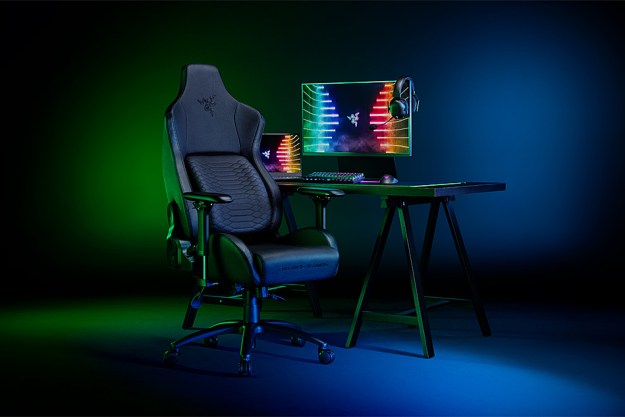 The nonprofit body that oversees Internet addresses approved Friday the use of Hebrew, Hindi, Korean and other scripts not based on Latin characters in a decision that could make the Web dramatically more inclusive.
The nonprofit body that oversees Internet addresses approved Friday the use of Hebrew, Hindi, Korean and other scripts not based on Latin characters in a decision that could make the Web dramatically more inclusive.
The board of the Internet Corporation for Assigned Names and Numbers — or ICANN — voted to allow such scripts in so-called domain names at the conclusion of a weeklong meeting in Seoul, South Korea’s capital.
The decision by the board’s 15 voting members was unopposed and welcomed by applause and a standing ovation. It followed years of debate and testing.
The result clears the way for governments or their designees to submit requests for specific names, likely beginning Nov. 16. Internet users could start seeing them in use early next year, particularly in Arabic, Chinese and other scripts in which demand has been among the highest, ICANN officials say.
“This represents one small step for ICANN, but one big step for half of mankind who use non-Latin scripts, such as those in Korea, China and the Arabic speaking world as well as across Asia, Africa, and the rest of the world,” Rod Beckstrom, ICANN’s CEO, said ahead of the vote.
Domain names — the Internet addresses that end in “.com” and other suffixes — are the key monikers behind every Web site, e-mail address and Twitter post.
Since their creation in the 1980s, domain names have been limited to the 26 characters in the Latin alphabet used in English — A-Z — as well as 10 numerals and the hyphen. Technical tricks have been used to allow portions of the Internet address to use other scripts, but until now, the suffix had to use those 37 characters.
That has meant Internet users with little or no knowledge of English might still have to type in Latin characters to access Web pages in Chinese or Arabic. Although search engines can sometimes help users reach those sites, companies still need to include Latin characters on billboards and other advertisements.
Now, ICANN is allowing those same technical tricks to apply to the suffix as well, allowing the Internet to be truly multilingual.
Many of the estimated 1.5 billion people online use languages such as Chinese, Thai, Arabic and Japanese, which have writing systems entirely different from English, French, German, Indonesian, Swahili and others that use Latin characters.
“This is absolutely delightful news,” said Edward Yu, CEO of Analysys International, an Internet research and consulting firm in Beijing.
The Internet would become more accessible to users with lower incomes and education, said Yu, who was speaking before the widely expected decision.
Countries can only request one suffix for each of their official languages, and the suffix must somehow reflect the name of the country or its abbreviation.
Non-Latin versions of “.com” and “.org” won’t be permitted for at least a few more years as ICANN considers broader policy questions such as whether the incumbent operator of “.com” should automatically get a Chinese version, or whether that more properly goes to China, as its government insists.
ICANN also is initially prohibiting Latin suffixes that go beyond the 37 already-permitted characters. That means suffixes won’t be able to include tildes, accent marks and other special characters.
And software developers still have to make sure their applications work with the non-Latin scripts. Major Web browsers already support them, but not all e-mail programs do.
In China, Guo Liang, a researcher who studies Internet use for the Chinese Academy of Social Sciences, the government’s top think tank, questioned whether all Chinese will embrace the new domains.
Although the move will reflect linguistic and cultural diversity, Guo said, “for some users it might even be easier to type domains in Latin alphabets than Chinese characters.”
China has already set up its own “.com” in Chinese within its borders, using techniques that aren’t compatible with Internet systems around the world.
Most Chinese and Japanese computer users write characters in their native scripts by typing phonetic versions on a standard English keyboard.
China is among a handful of countries that has pushed hardest for official non-Latin suffixes and could be one of the first to make one available, said Tina Dam, the ICANN senior director for internationalized domain names. The other countries, she said, are Russia, Saudi Arabia and the United Arab Emirates.
About 50 such names are likely to be approved in the first few years.
The Internet’s roots are traced to experiments at U.S. universities in 1969 but it wasn’t until the early 1990s that its use began expanding beyond academia and research institutions to the public.
The U.S. government, which funded much of the Internet’s early development, selected ICANN in 1998 to oversee policies on domain names. ICANN, which has headquarters in the United States in Marina del Rey, California, was set up as a nonprofit with board members from around the world.
Beckstrom said Friday’s approval is not simply aimed at enhancing convenience for Internet users using different scripts.
“It’s also an issue of pride of people and their own culture and their own language, and a recognition that the Internet belongs to everyone,” he told The Associated Press in an interview. “It’s a shared resource. So I think it’s a really exciting step for all of us.”


